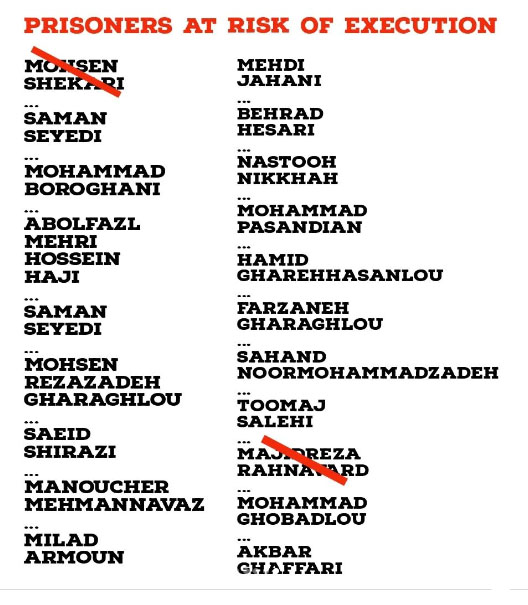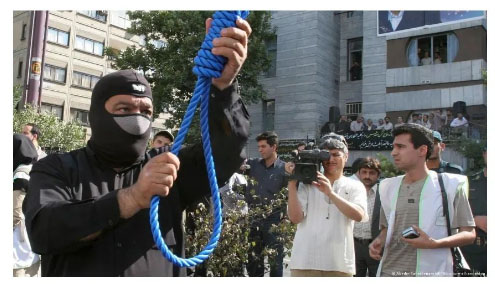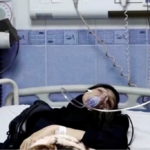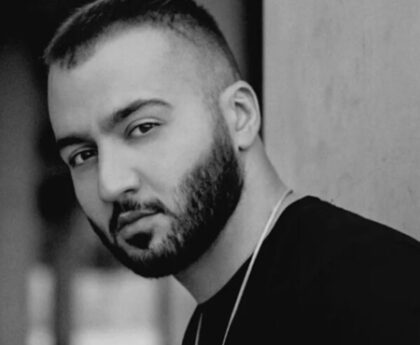Criteria For Death Sentences
Under Islamic Republic law, the number of crimes subject to capital punishment ranks among the world’s highest, including adultery, sodomy, apostasy, drug use, and moharebeh (waging war against god) — a nebulous charge the regime mainly employs to punish those whom it perceives as opponents of its radical Islamist ideology.
“There are extensive, vague and arbitrary grounds in Iran for imposing the death sentence, which quickly can turn this punishment into a political tool,” said Javaid Rehman, the UN special rapporteur on human rights in Iran.
First in the World Per Capita
Islamic Republic (IR) currently ranks second for the number of executions after China and first for per capita executions in the world.
IR has executed more than 500 people to date in 2022, constituting “The highest rate in five years,” according to the Norway-based nonprofit Iran Human Rights (IHR). This doesn’t include a large number of secret executions.
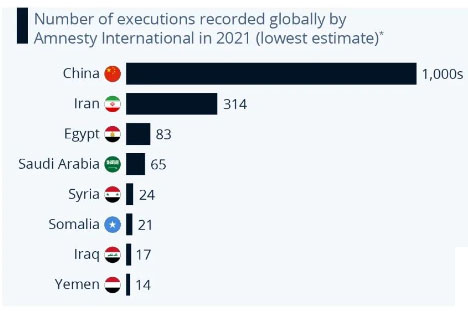
Unfair prosecution and trials
The Islamic Republic does not adhere to international standards. They are world-famous for broadcasting forced confessions on state media. They use prolonged interrogations and torture to extract confessions. The defendant is also denied access to counsel of choice.
With no due process, it’s impossible for political prisoners to get a fair trial, as the prosecutor is part of the government, the attorney is picked by the government, and the judge is part of the government.
During the Mahsa Amini protests, two prisoners were charged, convicted, and hanged within weeks just to send a political message.
In political cases, in particular, families of defendants are pressured and threatened to cooperate and stay silent.
In comparison, in the United States, some defendants have been on death row for as long as 36 years.
Why do defendants not get a lawyer of choice?
A note added to article 48 in 2018 states that in serious criminal cases and those involving security charges, during the pre-trial investigation phase, defendants may only select lawyers from a list approved by the head of judiciary. This applies to defendants with security charges of efsad-fil-arz (corruption on earth), moharebeh (enmity against god), and baghy (armed rebellion). In both the criminal and revolutionary courts, lawyers are denied access to case files, rendering them ineffective in defending their clients.
For 43 years, the Islamic Republic of Iran has subjected families of those executed to more suffering by not returning bodies, secret burials, returns being contingent on agreed conditions, and even charging them for the bullets or ropes used to kill their children.
Should a prisoner have received flogging sentences as well as the death penalty, they will be flogged prior to execution. Morad Salehbeigi ‘was whipped 74 times prior to his execution on 28 February 2022 in Zanjan prison.
International framework
Islamic Republic is a state party to the International Covenant on Civil and Political Rights (ICCPR) since 1975. Article 6 of the Covenant enshrines the right to life and provides that: “in countries which have not abolished the death penalty, sentence of death may be imposed only for the most serious crimes in accordance with the law in force at the time of the commission of the crime (…) Anyone sentenced to death shall have the right to seek pardon or commutation of the sentence. Amnesty, pardon, or commutation of the sentence of death may be granted in all cases. Sentence of death shall not be imposed for crimes committed by persons below eighteen years of age and shall not be carried out on pregnant women. Nothing in this article shall be invoked to delay or to prevent the abolition of capital punishment by any state party to the present covenant.”
